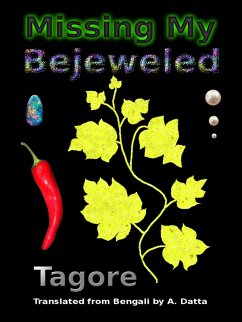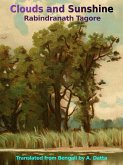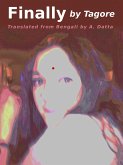A pack of jackals howled out very loudly from a bush causing a minute-long hiatus in the schoolmaster's flow of words. It seemed as if the comically-inclined vulpines in that pitch-dark aggregation reeled with laughter either at the teacher's exposition of conjugal life or at Phanibhusan's naivete. As their lyricism subsided land and water fell doubly silent as before and the gentleman proceeded to tell his story crossing his large shining eyes. This story within a story by Nobel laureate Rabindranath Tagore was made into a horror movie by Academy Award winner Satyajit Ray. The views of the characters which are at times even funny are not identical to those of the author. Click to read this classic short ...
Dieser Download kann aus rechtlichen Gründen nur mit Rechnungsadresse in A, B, CY, CZ, D, DK, EW, E, FIN, F, GR, H, IRL, I, LT, L, LR, M, NL, PL, P, R, S, SLO, SK ausgeliefert werden.
Hinweis: Dieser Artikel kann nur an eine deutsche Lieferadresse ausgeliefert werden.









